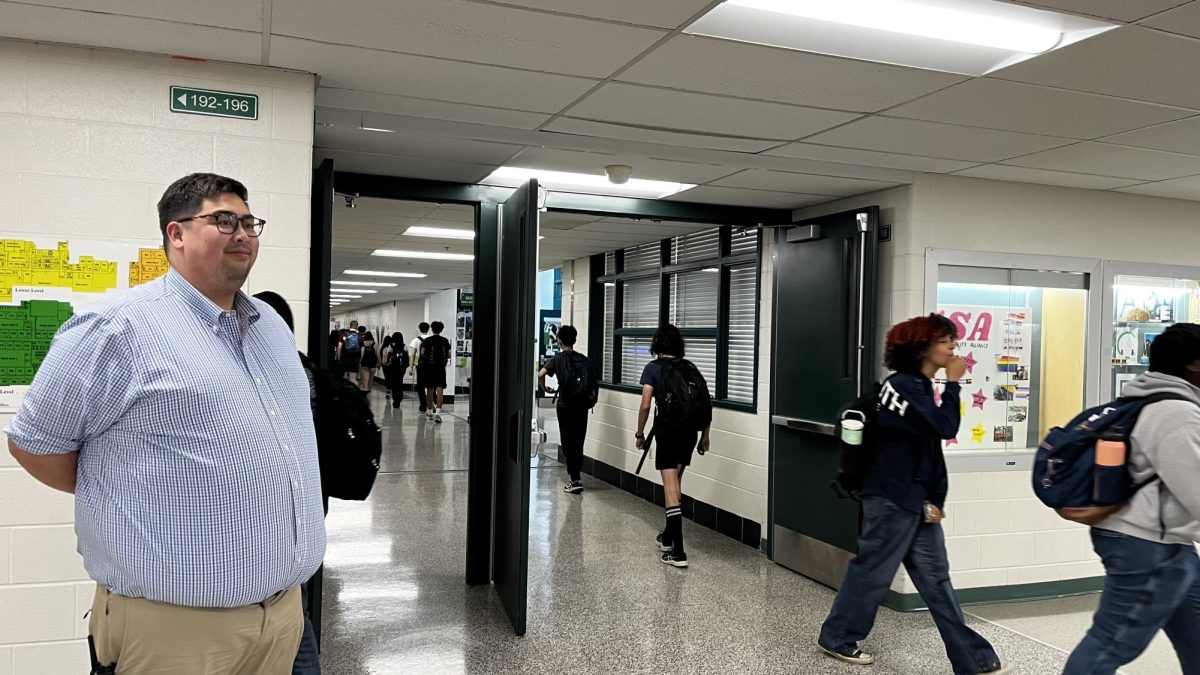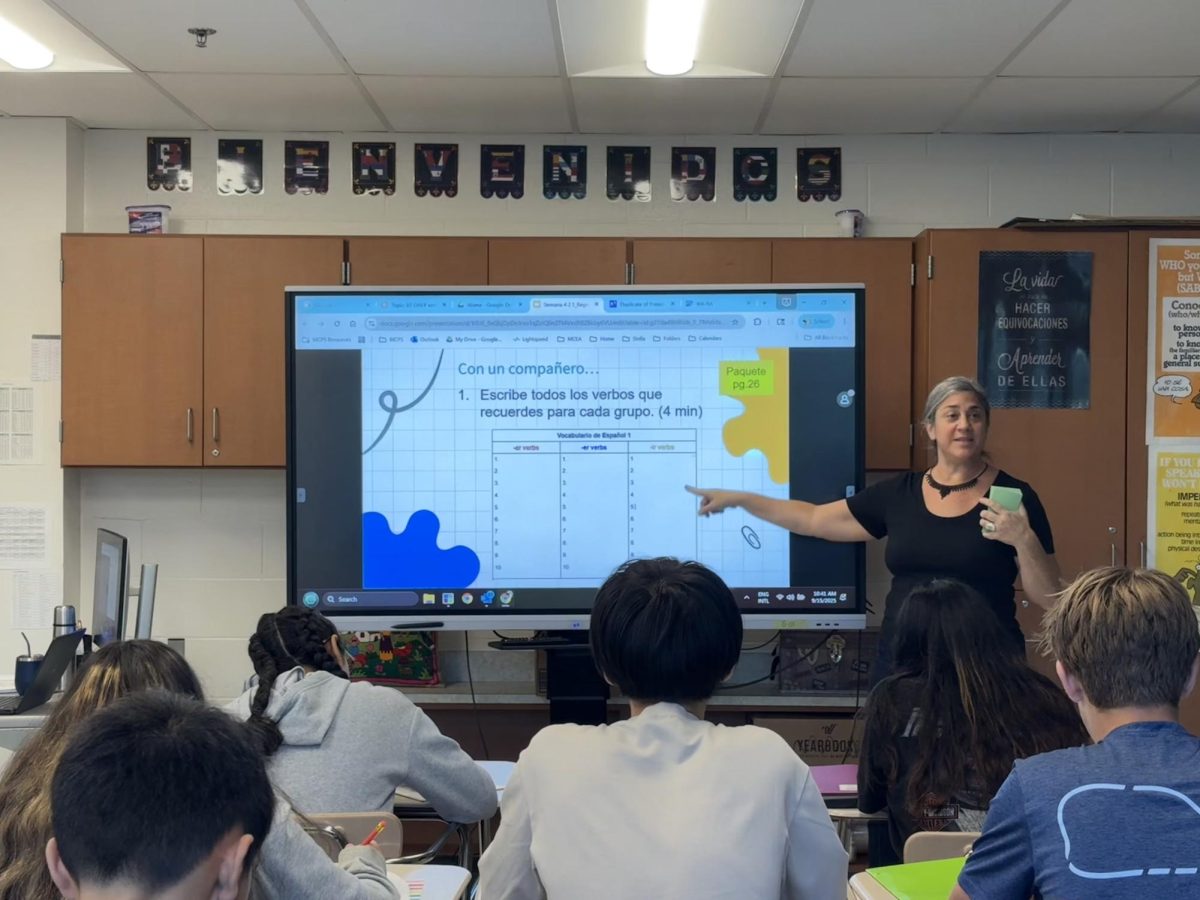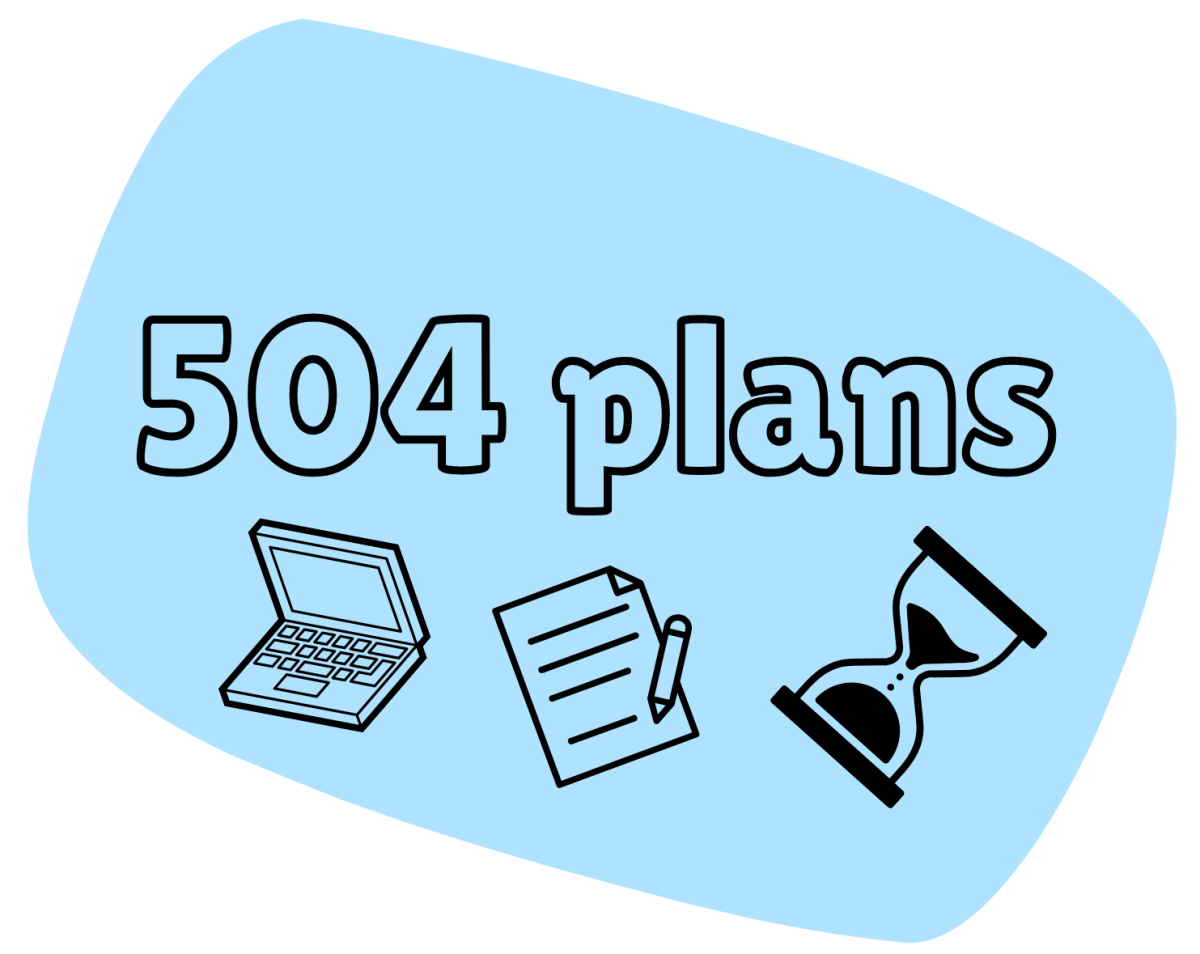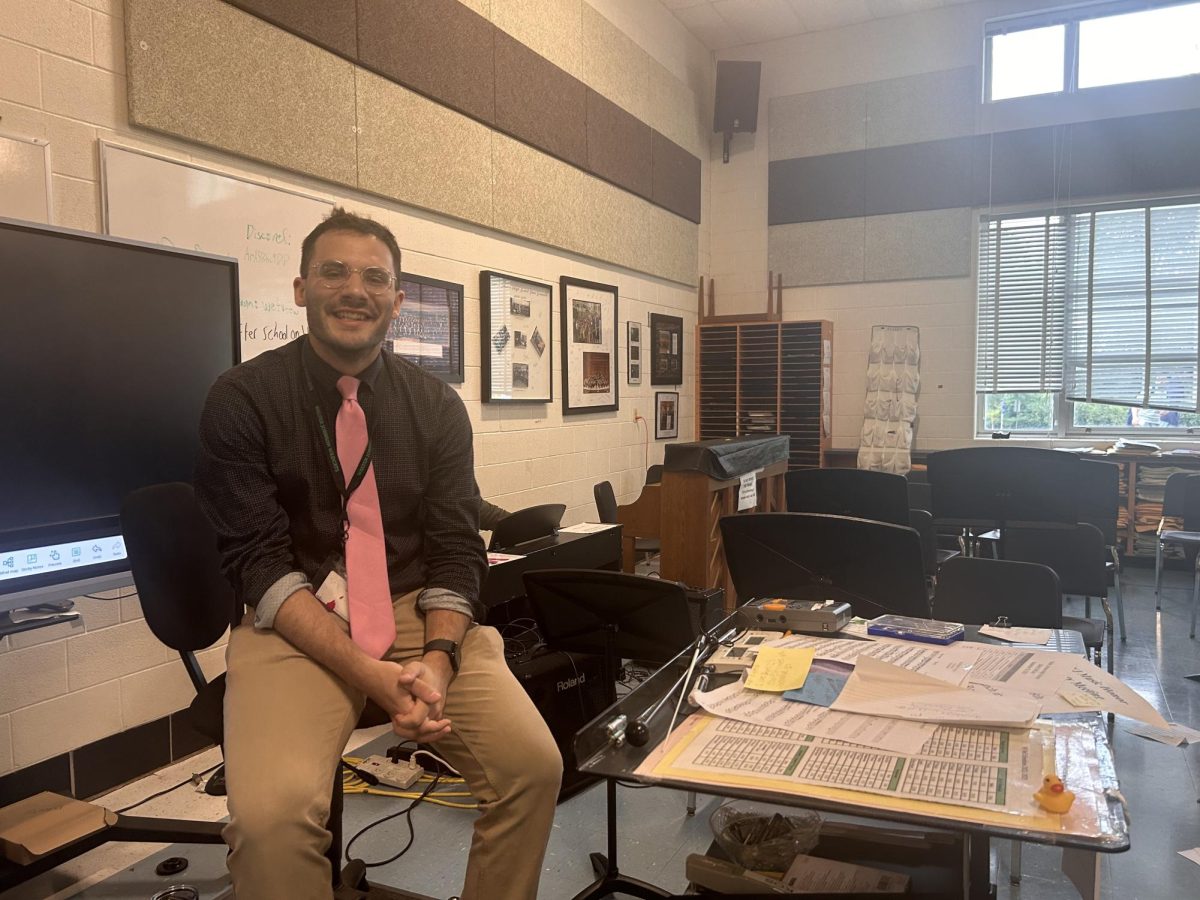Welcome back to a subject that has become all too common; social media’s self-degrading effects on our society: the mental health version. Parents, teachers and peers within our society have claimed this generation as screenagers; however, a majority of teenagers themselves see no problem with the amount of time spent looking at a screen having grown up with the idea that managing a social media platform is normal and there are no consequences in having one.
“I’m not necessarily proud that I use it, it’s not something I want to be using, but when you’re in middle school you want to get a Snapchat and you want to get an Instagram because everyone has it, but then as you grow up and you’re on it all the time you realize how much time its wastes and it also exposes you to things that you really just don’t need to know about,” senior Sofia Orezzoli said.
Orezzoli does not use Tik Tok, but for those who do, they know the feeling all too well when they receive a screen time report for the day reading nine hours and think, “has it really been that long?” There is a tendency to get lost in the mind-numbing relatability that is one’s “for you” page. It’s completely customized to know one’s thoughts and feelings, almost like a companion but really it becomes the never-ending cycle of thoughts in one’s head that are inescapable. Feeling sad? TikTok is there to throw some eight-year-old’s video with a depressing quote in your face. Feeling petty? Comments will be filled with “things you could say to make them hurt.” The enhancing effects these videos have on our emotions are overlooked as a factor contributing to teenagers’ depression, anxiety and various other eating disorders.
“People don’t really care what they say online, they’ll say anything, even the stuff they wouldn’t say in person and I think social media is just another source to get that [negativity] from,” Orezzoli said.
Aside from the negativity, “cookies” became involved in tracing all browsing data to customize one’s feed to their liking. This has led to addiction in the majority of our generation. Countless teens experience hours where they sit in some weird position on their bed, on the floor, on the toilet just scrolling through, video after video. Our willingness to give up precious time in our day validating strangers has reached an all-time high—what are we trying to accomplish by being on that app watching those videos for insurmountable amounts of time? The desire for validation on TikTok stems from an insecurity that doesn’t replace a “friend.”
“Social media creates a false image of what is real,” freshman Griffin Demsey said.
Dempsey’s feelings are very common amongst others as well. Didn’t your parents ever tell you the models on magazines in the grocery store checkout line were edited? Social media is the modern-day version of those magazines just in the 21st century.
Junior Ava Franke is active on Tik Tok with a following of 35.5K followers. She most often posts dances, cheer videos and comedy skits with her friends. She finds the app funny and entertaining but there are times her cheerleading videos have been bashed by people who don’t have a clue of what they’re talking about.
“[The comments] are unnecessary; it’s the type of stuff you would never say in person but people take the opportunity to say it online,” Franke said.
Just because one is hiding behind a screen doesn’t give them the right to abase someone they don’t even know. It creates a cycle of never-ending criticism and negativity. The entertainment many seek becomes unenjoyable because nowadays social media is a competition on who’s thirst trap is better, and for those who don’t post, obstructive comments become their alternative.
Many students would argue that they can’t relate to the reasons given on why time spent on social media affects one’s mental health. Each person’s feed contains different content varying anywhere from fashion, stand up comedy, pet videos and even edits of people playing GTA. I think it’s fair for me to assume that content is not self-degrading and its mental health effects aren’t as tolling. Some might even say that light-hearted content is beneficial and it may be the reason they smile on any given day. Like everything, in moderation social media is acceptable. However, if the cycle of wasting a few hours on an app and then feeling bad afterwards becomes common, delete it or just remove it from a home screen. It’s not the end of the world and it doesn’t have to be permanent. The free time might make one bored at first but take that opportunity to take up a new hobby or do something you’ve been putting off because the feeling afterwards will be much more rewarding.















